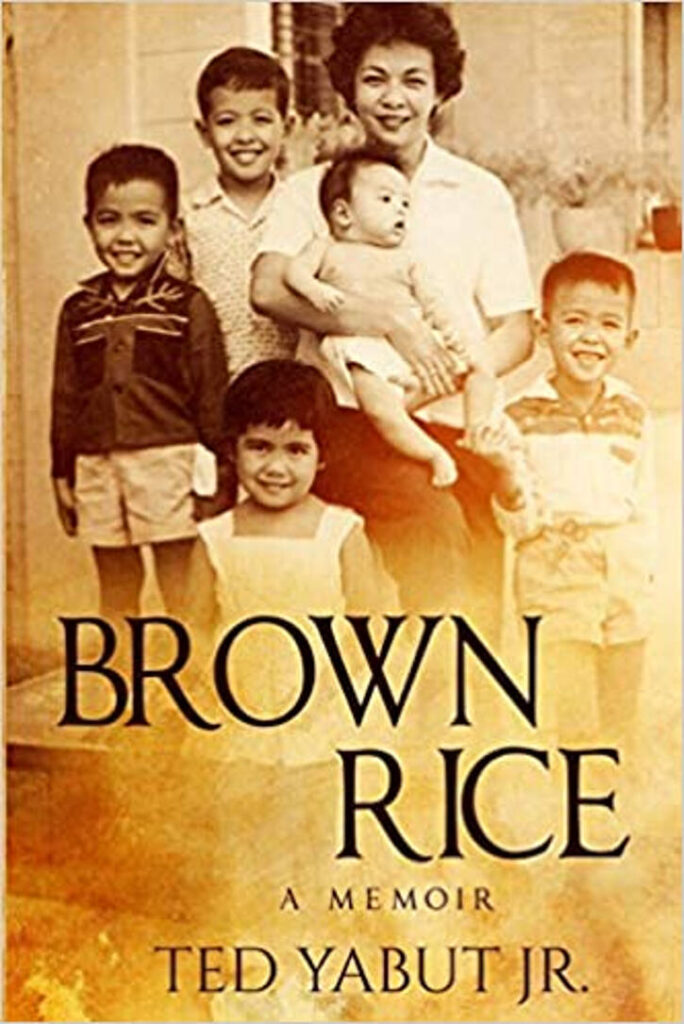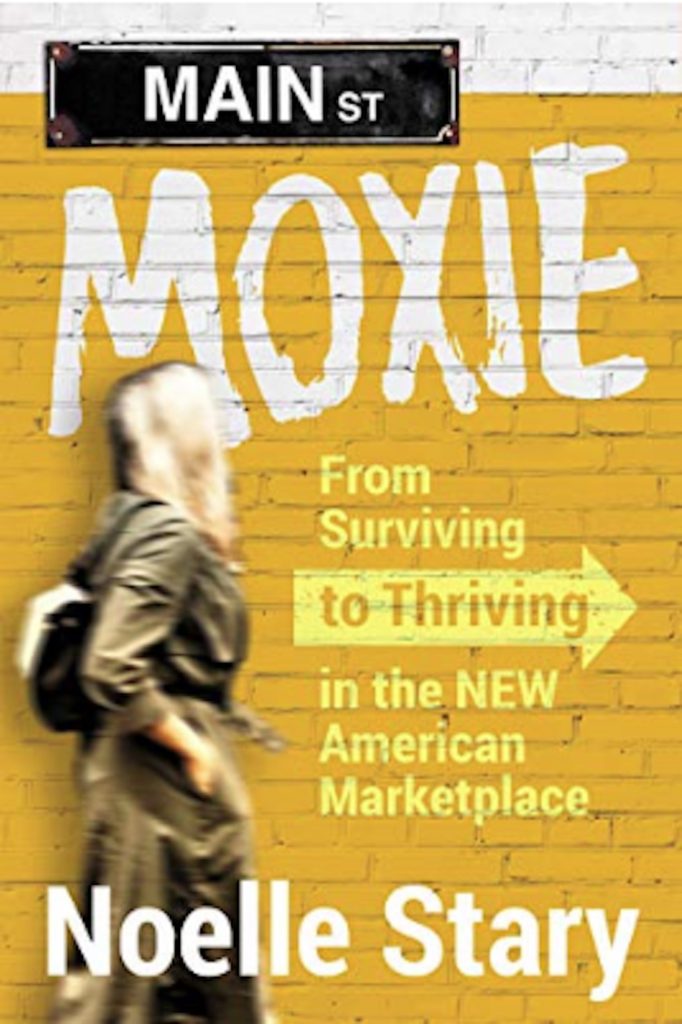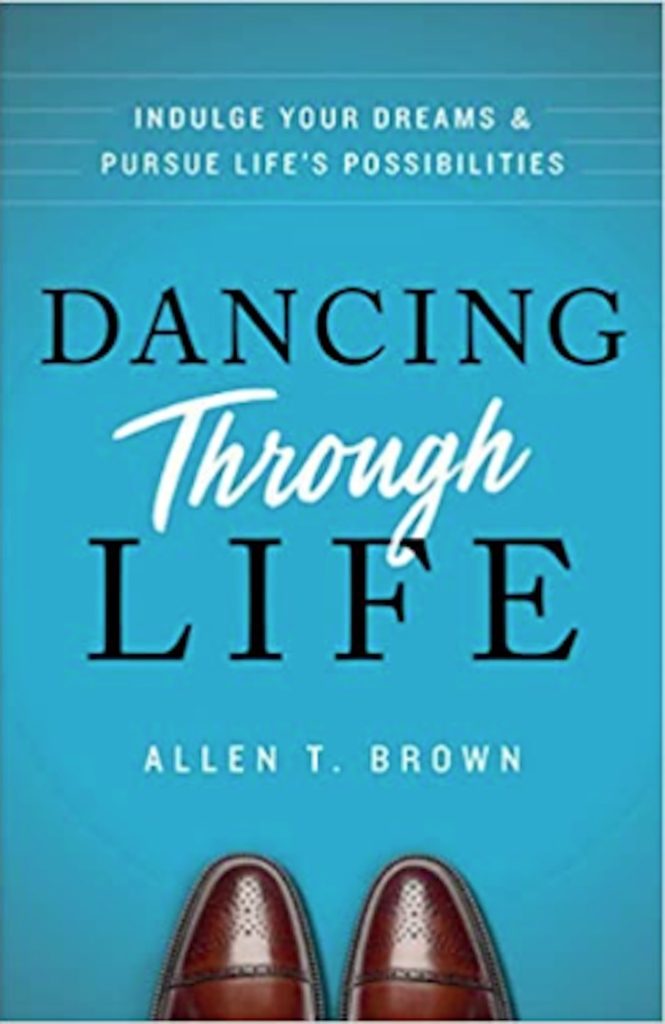Author: Ted Yabut Jr. (Publisher: CreateSpace – 560 pages)
Book Review by: Kumar Balani
Some time back on September 28 – an important date in my life, I chanced upon a college fraternity brother while browsing on Facebook. In our chat, we reminisced our past and caught up on our present lives. Besides engaging in fraternity activities, we had worked on our college newspaper during the student activism heydays of the 1970s. He told me one recent milestone in his life was the publication in February 2016 of this book. .
I particularly remember it was September 28 because many years earlier, in 1960, my elder siblings – a sister and two brothers – landed on that date in Manila. Our mother had passed away months earlier in Bangalore, India, and we were going to join our father and two other elder brothers in the Philippines.
We flew from Bangalore to Calcutta, from where we were going to proceed to Manila. But just before boarding our flight from Calcutta, the airline’s agent at the airport gave us shocking news: we will not be allowed to get on the plane! Why? Because my just-elder brother and myself did not have the required individual passports. We were minors and had our photos in our late mother’s passport. I still remember the question asked of us: Where is this woman?
We spent about 30 days in Calcutta going through the labyrinth of the local government bureaucracy just trying to acquire the two badly-needed passports. Fortunately, the airline put us up in a first-class hotel, where we enjoyed unseen luxury and kingly service. But only for the first week, though. In the following week, we were moved to a B-class hotel.
When even that added cost did not make sense for the airline to bear (I suppose, relative to its fare revenue from the four of us) we were again moved, this time to a C-class hotel.
We stayed in that third class hotel for about another two weeks until we obtained our passports. One of my unique experiences to pass time was to walk miles and miles along Chowringhee Road and see new sights every day. Another form of ‘entertainment’ was to see chickens’ heads being chopped off and their feathers being ripped off by the cooks on the roof of the hotel building.
I do not recall now exactly why we had to go to Hong Kong first, before heading to our final destination Manila. I think it was because visas for the Philippines were difficult to obtain in Calcutta.
We got to Hong Kong and stayed in a super-large, beautiful mansion where the family matriarch was an old friend of my late mother. It took us six months to get our visas for the Philippines. That’s a whole other episode of my life which was rather actually pleasant, with first-time childhood experiences such as eating apples, tasting ice cream soda, chewing fruit gum, learning to swim, and much more.
I write about these personal events prior to a short review of Spike’s book in order to experience for myself what it is like writing in narrative from, which I’ve rarely done. It is difficult for me, let me tell you. That makes me appreciate Spike’s effort even more. Writing about some parts of your life so that it becomes interesting for others, is to say the least, hard.
I never asked Spike why he got that nickname while at the University of the Philippines, where I was pursuing a degree in journalism at its Institute of Mass Communication. And
I do not recall what his major in college was. I do remember he was interested in what seemed to me too many, many things besides writing: acting, activism, advertising, performing, plays, and parties. And other interests you will find out when you read this book that many times brings smiles to my face, and at times, makes me laugh, and even cry. It will, I am quite sure, cause those reactions in you as well.
Among dozens of others, Spike and I took the exam to become editor-in-chief of the university’s weekly newspaper Philippine Collegian. The judges looked principally at the examinees’ editorial-writing skill. I must confess that that is not one of my strong points within journalism. I like investigative reporting and news analysis instead: discovering not just the ‘who, what, when, where, and how,’ of events, but importantly the ‘why’. And I love creating intriguing crossword puzzles as well, which I began in high school.
He was chosen editor: a pleasing outcome for me, because I wanted to do more for the newspaper than write editorials. Spike asked me to be the managing editor of the Collegian. He and I got the rare opportunity to lead the team and reshape the Collegian into a proper newspaper, which had deteriorated over the past years into a propaganda mouthpiece of the Left, with no distinction between news and opinion.
One of my satisfying achievements in that position was spearheading an expose of one of the university’s branches that was about to be shut down. A team of reporters and photographers were sent to that university unit. The result was a scathing investigative report. We created a large spread of photos showing a massive amount of disrepair and physical decline. This became our cover story entitled UP Tarlac Faces Closure.
When that expose came out on the morning after our weekly ‘press night,’ it was one that led many students, who had grabbed copies of the paper, to a mass demonstration in front of the Arts and Sciences building. We then marched, while joined by others along the way, to the Administration building. That event nearly caused the university’s vice-president, whom I had interviewed for the story, to resign. It was my first real-life lesson on the power of the press.
I write all this in this book review because this was part of our (Spike’s and mine) common experience in college. What better way for readers to appreciate this book than to know this background in this memoir? And I write this in narrative form because this is a review of a gripping narrative.
In this book, Ted Yabut Jr. tells us his personal story from the time he was a young boy, the economic struggles during his earlier years including life threats to his father by goons. He also relates to us the joyful events in his later years. His was a closely-knit family that that went through numerous ups and downs during his childhood and youth while he was growing up in Manila and Baguio. He writes about the inspiration he received from his father whom he emulated, the loving and protective role of his mother, and the many influences of his relatives upon his life.
Brown Rice: A Memoir is written within the framework of the political climate that existed and the numerous events that occurred in the 1960s and 1970s in the Philippines, a territory of the United States until 1948, after its independence from 377-year Spanish rule from 1521 to 1898.
Spike and I lived through the radicalization of the Leftists who cried out against American imperialism and colonialism in numerous rallies, and became sympathizers of Communism. I could think of no other person more apt to write a review of Brown Rice than myself because Spike and I lived through similar experiences from the time we began our college life at the University of the Philippines.
It would not be right to readers if I provided even an outline of this autobiography of Ted Yabut Jr. If I did, you may not want to read this autobiography of a slice of his life.
What makes this narrative unique and important is that it has been written within the larger politico-socio-economic story of the Philippines from 1960 onwards: about martial law rule under the dictatorship of Ferdinand Marcos, about People’s Power that followed and caused his overthrow, and much more.
In that context, this work is more than an autobiography; it has great historical value. I highly recommend this book to everyone.


